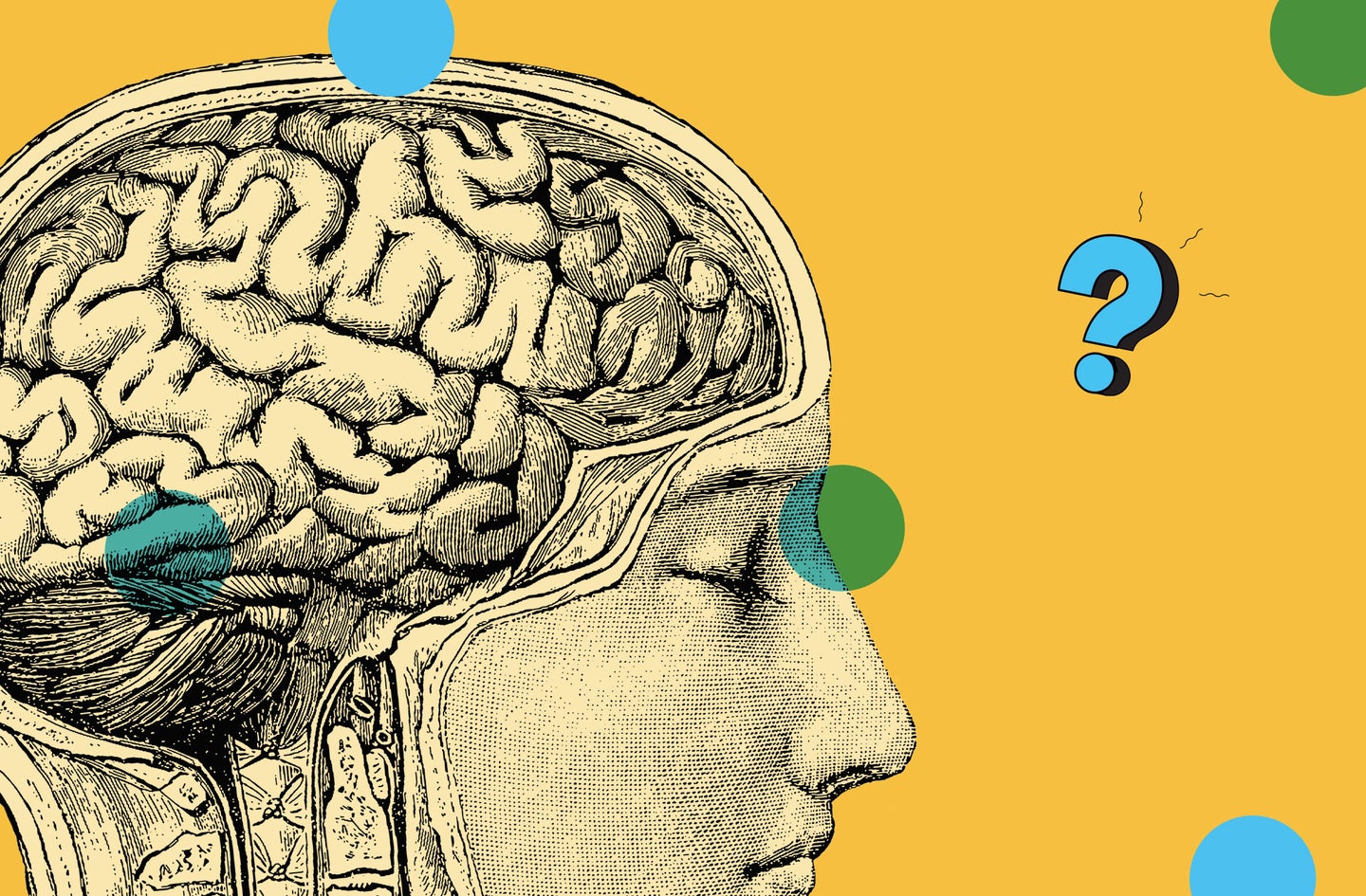Ask Us Anything: What happens in your brain when you daydream?
It doesn't just lay low.

Is your head constantly spinning with outlandish, mind-burning questions? If you’ve ever wondered what the universe is made of, what would happen if you fell into a black hole, or even why not everyone can touch their toes, then you should be sure to listen and subscribe to Ask Us Anything, a brand new podcast from the editors of Popular Science. Ask Us Anything hits Apple, Anchor, Spotify, and everywhere else you listen to podcasts every Tuesday and Thursday. Each episode takes a deep dive into a single query we know you’ll want to stick around for.
At some point, almost every human has experienced daydreaming. It often happens in the late afternoon slump when thoughts of relaxing on the beach or curling up on your living room couch with a good movie are far more pleasing than looking at spreadsheets or meeting your deadlines. And while daydreaming almost certainly gets a bad rap for snatching up our productivity, the act itself might actually be good for our brains.
So what is actually going on in our brains when we mentally doze off? While neuroscientists haven’t fully pinned down all the mechanisms through which our brains work when we daydream, what we do know is that we likely form these alternate-reality thoughts with the assistance of a cluster of brain regions called the default mode network. Researchers have found that this network is most active when we aren’t focused on any concrete thing in the world around us.
While nothing is for certain, neuroscientists and psychologists surmise that this type of creative thinking may be helping our brains reflect on the past and plan for the future. Other researchers suggest that it might reduce anxiety, boost creativity, and improve memory. And while perpetually working and improving oneself is popular these days, there’s research to suggest that daydreaming and doing nothing is also really important for our brains.
For more of the nitty gritty details on daydreaming, listen to this week’s episode of Ask Us Anything.

